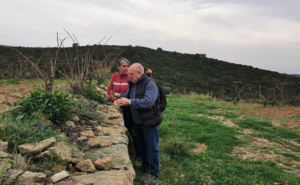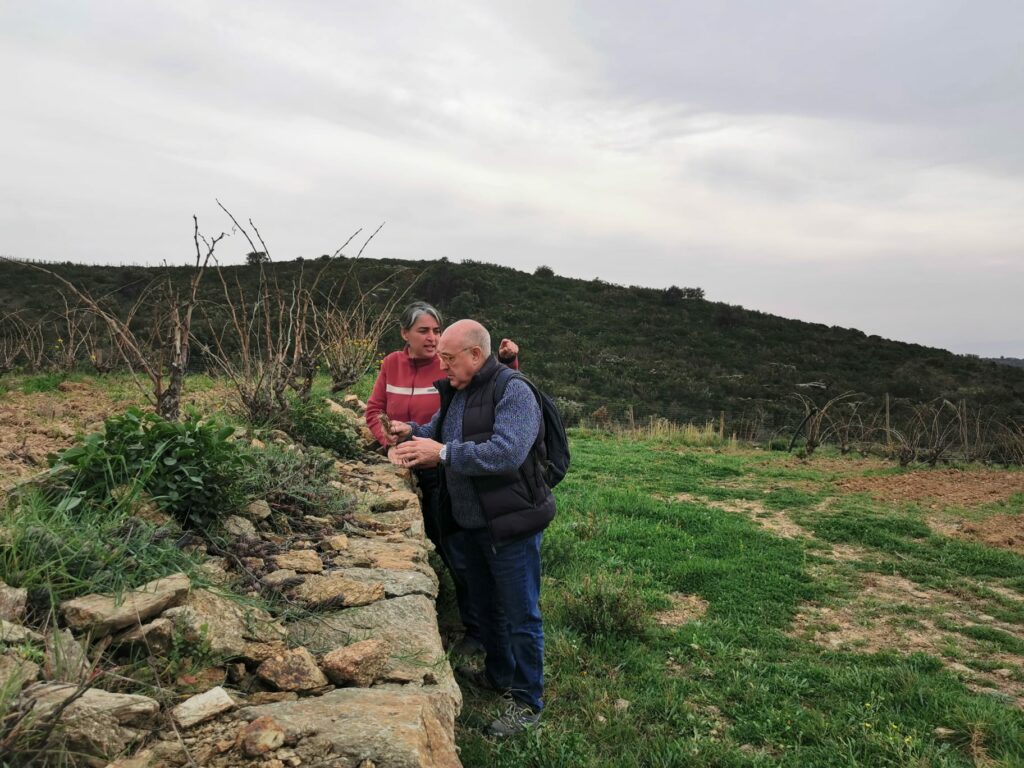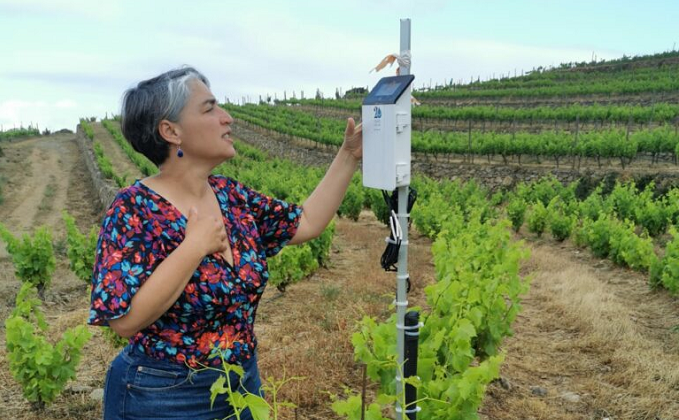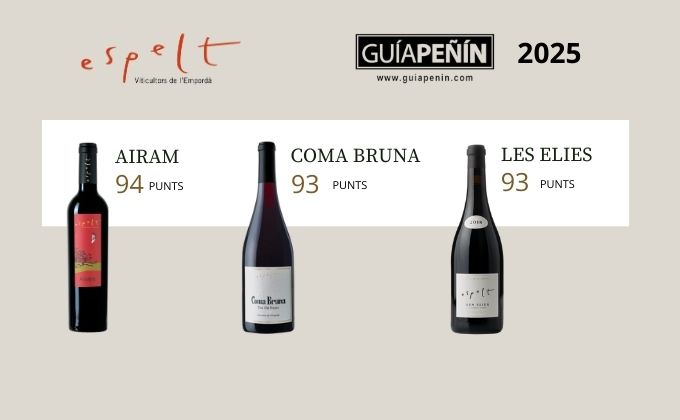
Mas Marès, agroforestry management against climate change
The Catalan Office of Climate Change publishes a guide to the results of the LIFE MIDMACC project with which we have collaborated in the last four years.

Since 2021 we have collaborated with LIFE MIDMACC project along with other territories in La Rioja, Aragon and Catalonia. The aim of this research is to analyze the benefits against climate change that land management with a mosaic landscape can have. Now, the Catalan Climate Change Office has released a guide, with the other partners of the project, which collects the main results and conclusions of the investigation.
In recent years, the increase in temperatures has been overwhelming, as we all know. In particular, the last year is the hottest on planet earth ever recorded. In addition, the mid-mountain areas of southern Europe, like our vineyards, are very sensitive to the impacts of climate change. The depopulation and abandonment of the traditional primary sector in recent years has led to reforestation and a homogenization of the landscape. At the same time, this has led to a decrease in environmental resilience and biodiversity.
Why did Mas Marès stop the fire?
With projects of recovery of the Mediterranean mosaic like the one we carry out at Mas Marès we try reverse this situation and achieve a more resilient landscape. During the February 2022 fires, mosaic agroforestry management was key to stopping the fire. MIDMACC LIFE studies corroborate that this management can also help prevent soil erosion, because it avoids overexploitation and the loss of biodiversity In addition it improves aspects that are so necessary today (and we believe also in the future) such as water resistance.
The guide Mesures d’adaptació al canvi climàtic a la muntanya mitjana mediterrània: una guia pràctica can be read online and is structured in three parts. The first deals with the analysis of the risks of the mid-Mediterranean mountains to the impacts of climate change. The second part reviews the results of the measures implemented (recovery of pastures, optimization/introduction of vines, forest management) in three areas of Aragon, Catalonia and La Rioja. Finally, in the last part, other adaptation measures are proposed for the mid-Mediterranean mountains.



